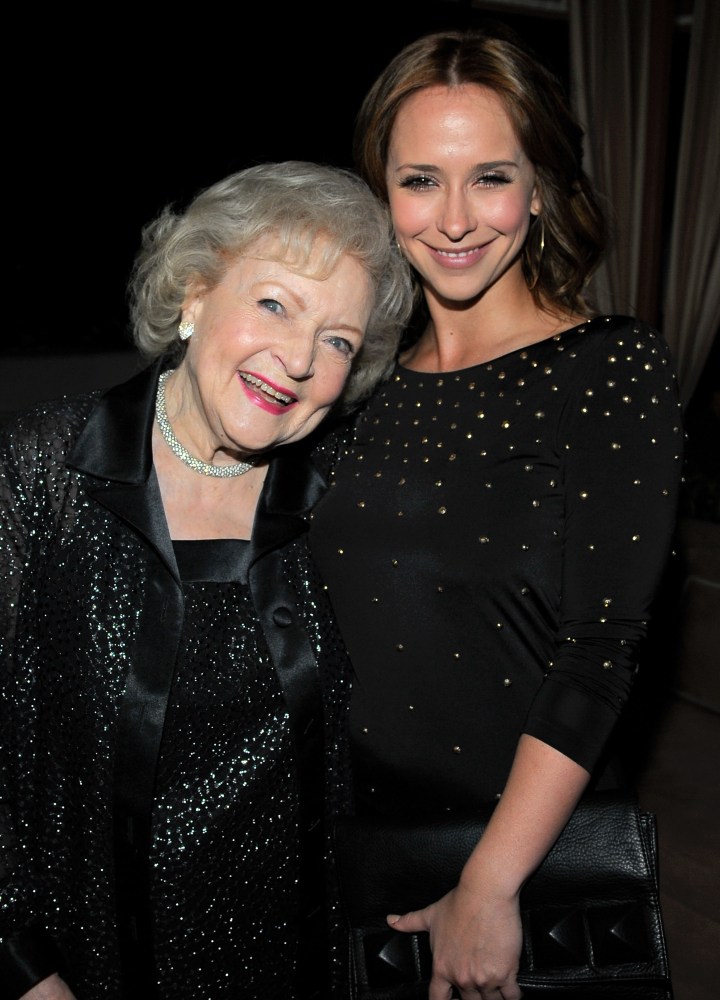Britney Spears' lawyer reportedly likened the pop star to a "comatose patient" during a new court hearing.
 Rob Latour/Shutterstock
Rob Latour/Shutterstock
On Oct. 7, there was yet another hearing related to Britney's long-running conservatorship case. TMZ describes the latest hearing as routine, at least initially, but the judge soon began asking about media reports that the pop star wanted a co-conservator of her estate, ensuring that her father, Jamie Spears, wasn't in sole control. Although the lawyer was answering for Britney, the judge wondered if Britney herself would sign a sworn declaration to convey her feelings.
Britney's lawyer, Sam Ingham, said that "Britney lacked the capacity to sign a declaration, and likened her to a comatose patient," TMZ reported.
While the description is surprising, the attorney's point was simple: even with comatose patients, it's perfectly acceptable to have their lawyers speak for them.
The judge didn't make a decision on the case during the hearing.
 Matt Baron/Shutterstock
Matt Baron/Shutterstock
For the past several months, Britney's conservatorship case has grown increasingly hostile. Last month, via her legal team, she asked that the case be opened to the public.
The conservatorship, which Jamie has run since 2008, has been a source of contention for years, especially among Britney's fans, some of whom believe she's being held against her will and even using Instagram to covertly send signals. They've dubbed it the #FreeBritney movement, and it's been gaining momentum. In August, Jamie dismissed the movement as "a joke."
Recently Britney implied in court documents that she doesn't trust her father, particularly when it comes to the conservatorship. Further, Britney's team says there's no reason to keep the case private because no sensitive issues regarding her minor children will be disclosed.
"Britney herself is vehemently opposed to this effort by her father to keep her legal struggle hidden away in the closet as a family secret," the new documents claim. "Far from being a conspiracy theory or a 'joke' as James [Jamie] reportedly told the media, in large part this scrutiny is a reasonable and even predictable result of James' aggressive use of the sealing procedure over the years to minimize the amount of meaningful information made available to the public."































